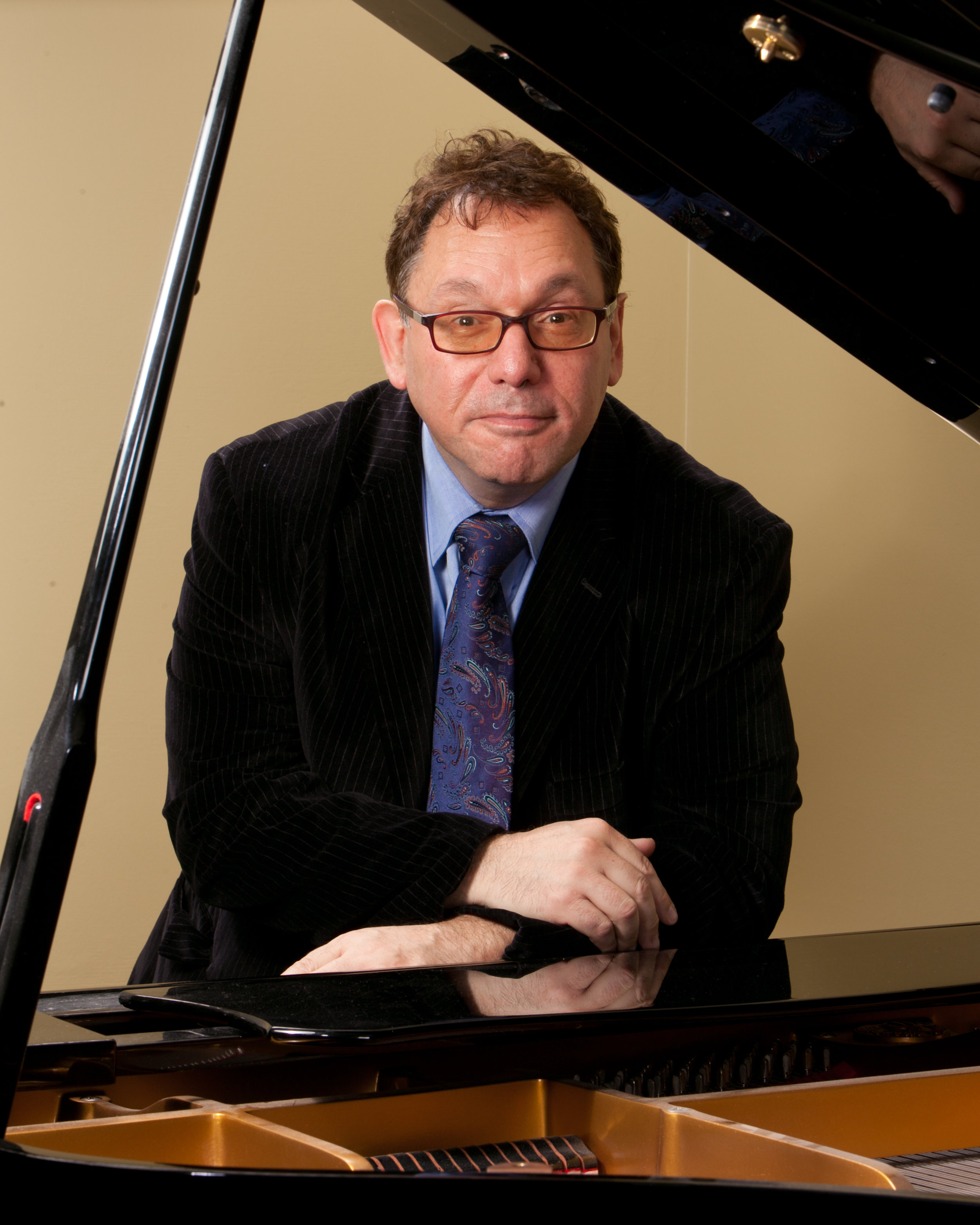“Power writes history, not scribes.”
~ Bangambiki Habyarimana, The Great Pearl of Wisdom
“Know thyself.”
~ Some Greek
As a self-styled music historian, Paul-André Bempéchat’s researches and champions the voices of Europe’s unfairly forgotten composers. Since his appointment at Harvard University in 2002, he has released dozens of articles and the first comprehensive biography of the eclectic Franco-Breton composer, Jean Cras (Jean Cras, Polymath of Music and Letters, Routledge, 2009), and in 2016, a Festschrift honoring the 90th birthday of the world’s foremost scholar of Gustav Mahler, Henry-Louis de La Grange, Naturlauf, Scholarly Journeys Toward Gustav Mahler (Peter Lang). M. Bempéchat’s six-part lecture-recital series on the evolution of pan-European Jewish composers from Felix Mendelssohn to Arnold Schönberg (2013) for the Institut Universitaire Elie Wiesel in Paris was hailed as a breakthrough towards intercultural understanding and conciliation. Through his new appointment at the Davis Center for Russian and Eurasian Studies, he will forge new ground as performer and historian into the ethnological underpinnings of Frédéric Chopin’s legacy; a new biography of the great Polish master is expected by 2020.
My work seeks to translate the composers’ view of history by examining the power and energy which generated their works. It’s a long and complicated interdisciplinary process which accounts for the choice repertoire inhabiting my recital programs and selected concerti. In other words, it all reflects the machinations of my mind and soul and not the dictates of some establishment.
JEAN CRAS
“The true discovery of this year's Festival (Festival Klavier Raritäten Husum, Germany, 2012) was the French composer, inventor and vice-admiral Jean Cras... This music, obviously suffused as much with impressionist as Breton folk music and exoticisms, was impressive. One heard immediately that here was an excellent composer who had been overlooked by music history.” - Frankfurter Allgemeine Zeitung
This first edition of Jean Cras’ thirty-eight early songs extend from adolescence to his early twenties, and with this publication, performers and scholars are now able to trace his evolution as one of France’s greatest composers of mélodie from the post-Romantic and Impressionist eras.
Jean Cras, Mélodies de jeunesse (The Early Songs), 1892 – 1901 (2021)
GUSTAV MAHLER
Arguably the most complicated post-Romantic composer, Gustav Mahler forms the epicenter of many musicians’ and musicologists’ lives. 2016 witnessed the emergence of my Festschrift. This collection of essays honors the dean of Gustav Mahler research, Henry-Louis de La Grange, on the occasion of his ninetieth birthday. It includes vibrant, new historical, theoretical, and aesthetic research on the complex mind which produced among the best-loved orchestral works and songs of Western classical music. These studies funnel into the broader musico-academic sphere of nationalism and regionalism, the latter generated by the former, and to understand, through the arts, man’s eternal struggle against humiliation.
FELIX MENDELSSOHN
2009 and the bicentenary of Felix Mendelssohn’s birth launched celebrations and a much-overdue reassessment of this genius, hailed by Goethe as the greatest musical talent after Mozart. Germany, you had a big problem: he was Jewish. But today, many view Mendelssohn’s ecumenical world view as inspiration. My article on the historical background and spiritual foundations of his “Reformation” Symphony, composed when he was only 20, explores this polemic.
This research generated the course I gave on the rise of European Jewish composers from Mendelssohn through Schönberg at the Elie Wiesel Institute in Paris in 2013. A goldmine; yours to explore through lectures and lecture-recitals.
Mendelssohn’s Reformation Symphony and the Culture of Assimilation (2011)




